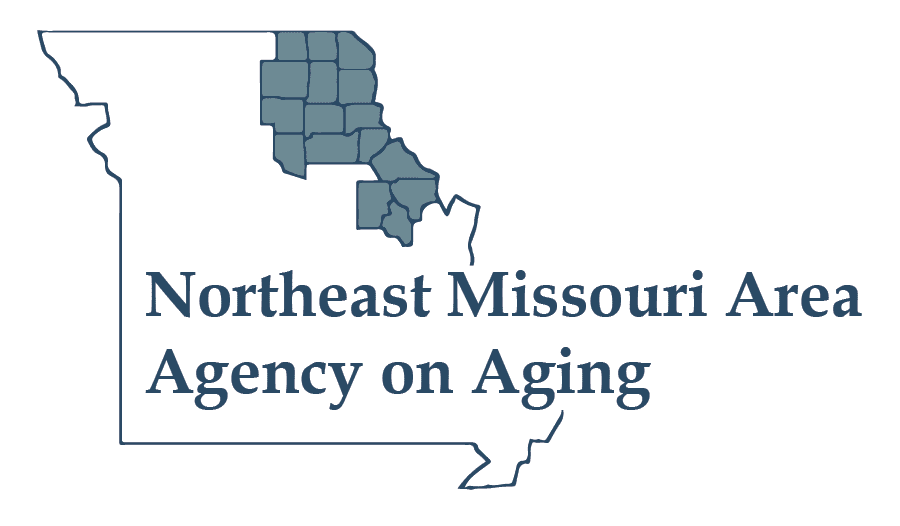As we age, what we eat starts to matter more. The right meals can boost energy, support memory, and help manage health conditions. But between changing appetites, medications, and tight budgets, planning healthy meals isn’t always easy. That’s where a little guidance can go a long way.
At Northeast Missouri Area Agency on Aging (NEMO AAA), we work with older adults every day and understand the real-life challenges behind the meal plate.
Here are a few tips to help make healthy eating a little simpler—and a lot more enjoyable.
Start with the Basics
A good meal doesn’t have to be fancy. Think of your plate like a picture—you want variety in color and texture. Include fruits and vegetables in different shades, lean protein (like chicken, fish, beans, or eggs), and whole grains like oats, brown rice, or whole wheat bread. A little bit of healthy fat from olive oil, nuts, or avocado is good too.
When in doubt, build your plate around real, whole foods. The fewer ingredients on the label, the better.
Stick to a Routine That Works for You
Skipping meals can mess with blood sugar and energy levels. Seniors often feel less hungry, especially in the morning, but a light snack or small breakfast can help start the day right. Try to eat around the same time each day. A loose routine makes it easier to plan meals and avoids last-minute choices that may not be the healthiest.
Watch the Salt
Salt is in just about everything these days—canned soups, frozen meals, even bread. Too much can raise blood pressure and cause swelling or discomfort. Instead of reaching for the salt shaker, try herbs, spices, garlic, lemon, or even a splash of vinegar to bring meals to life. Food can still taste great without all the sodium.
Hydration Is Part of the Plan
Drinking enough water is just as important as eating well, but many older adults don’t feel thirsty even when their body needs fluids. Dehydration can cause fatigue, confusion, or dizziness. Keep a cup or bottle nearby and take small sips throughout the day. Herbal tea, broth-based soups, and water-rich foods like cucumbers or watermelon also count.
Make it Easy with Simple Prep
Healthy eating doesn’t mean spending hours in the kitchen. Pre-cut veggies, frozen produce, and slow-cooker meals can save time and effort. Batch-cooking a pot of soup or stew can cover lunch for several days. And if cooking is a struggle, NEMO AAA’s home-delivered meal programs are available for qualifying seniors who need a little extra support.
Keep Budget in Mind
Again, eating well doesn’t have to be expensive. Beans, rice, frozen vegetables, canned fish, and eggs are affordable and packed with nutrients. Shop with a list, plan a few meals ahead of time, and don’t be afraid of leftovers. You can get creative with them by turning roast chicken into soup, or using yesterday’s veggies in today’s omelet.
Check in With Your Body (and Your Doctor)
Sometimes medications, dental issues, or health conditions can affect how or what you eat. If food doesn’t taste right, chewing is painful, or your appetite suddenly changes, speak with your doctor. They may have suggestions or adjustments to help.
At Northeast Missouri Area Agency on Aging, we believe food is more than just fuel—it’s a way to feel better, live stronger, and enjoy each day. If you or someone you love needs help with meal planning or would benefit from our nutrition programs, reach out to us today. Let’s talk about how we can help make mealtime a little easier.

